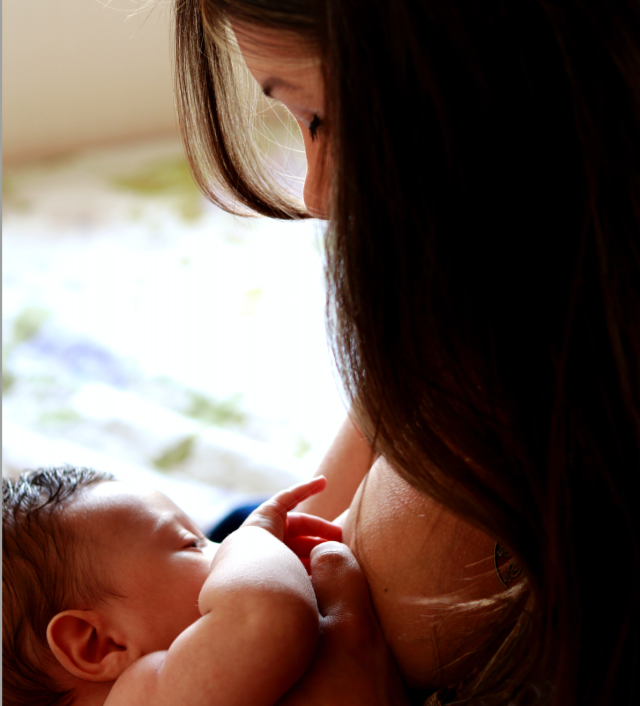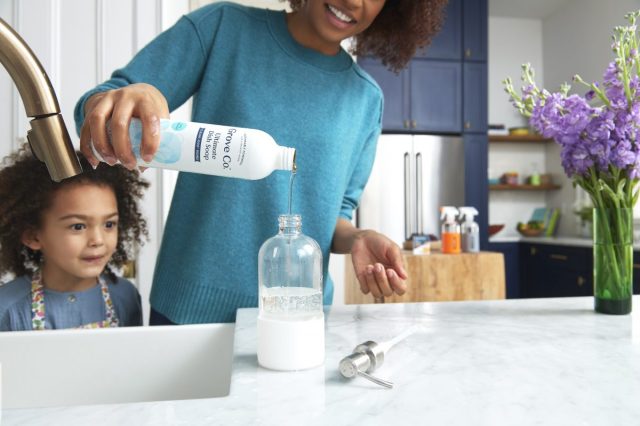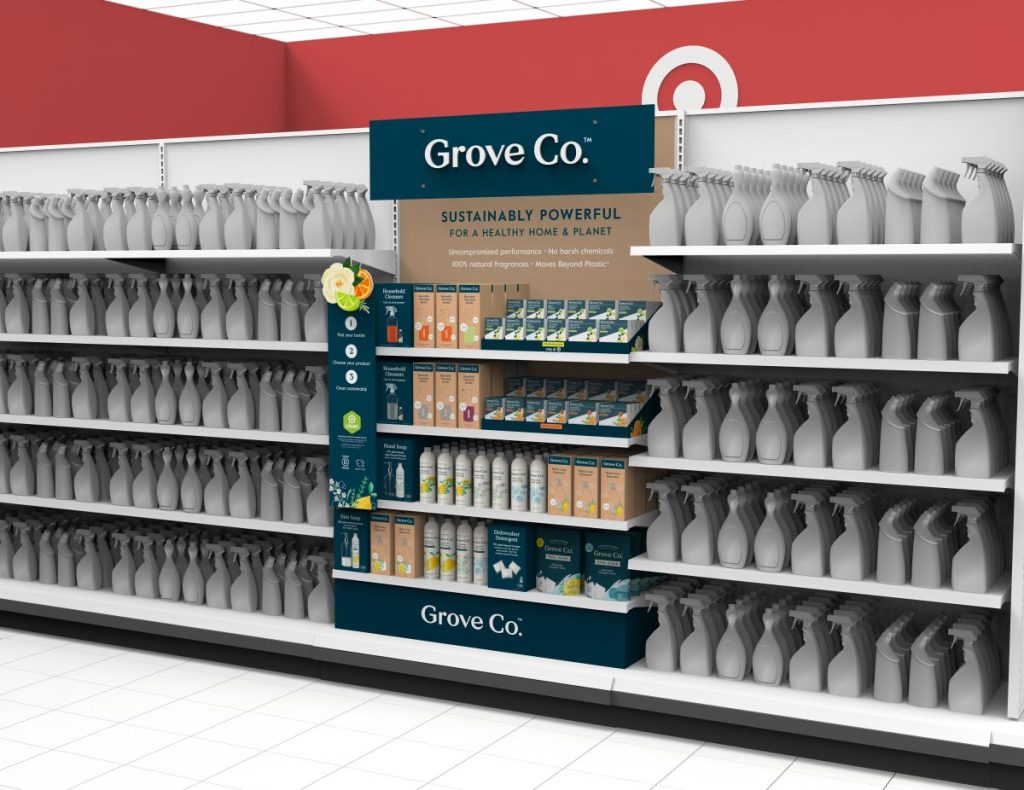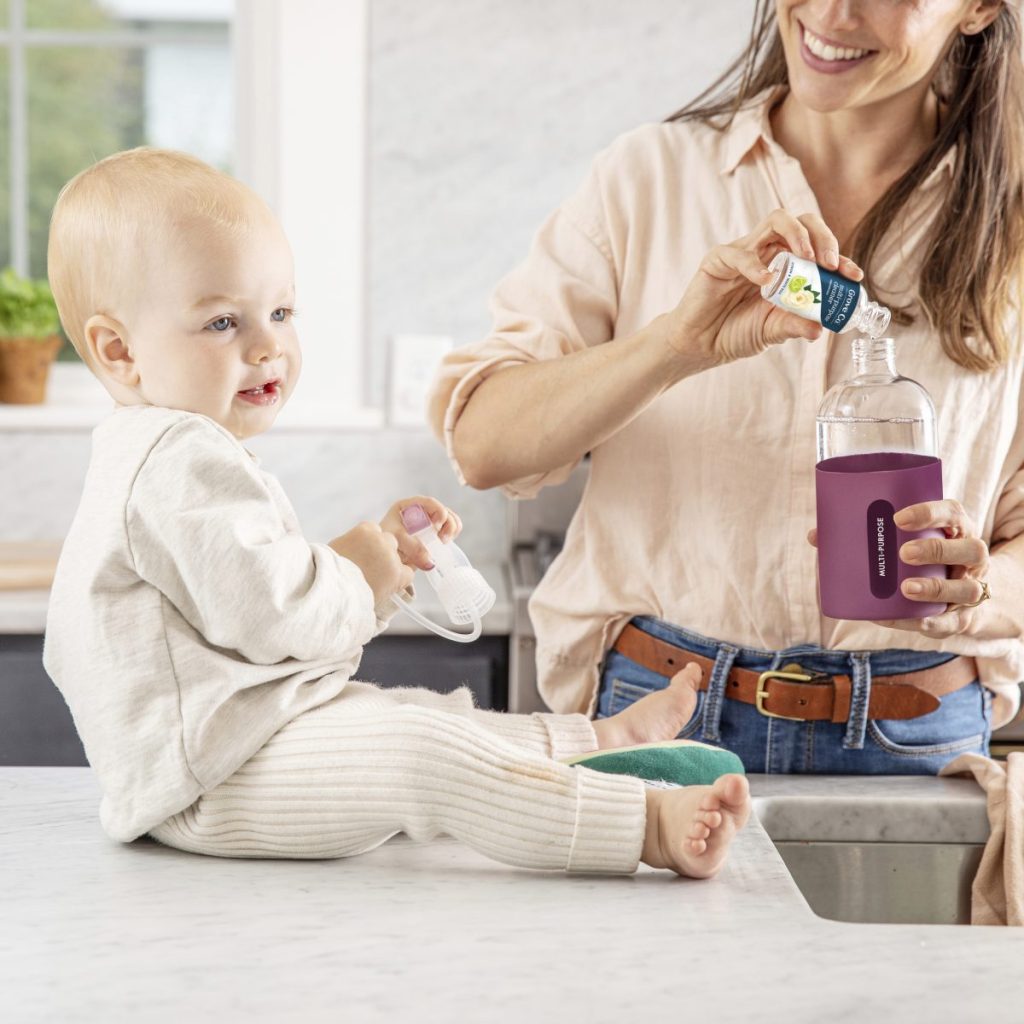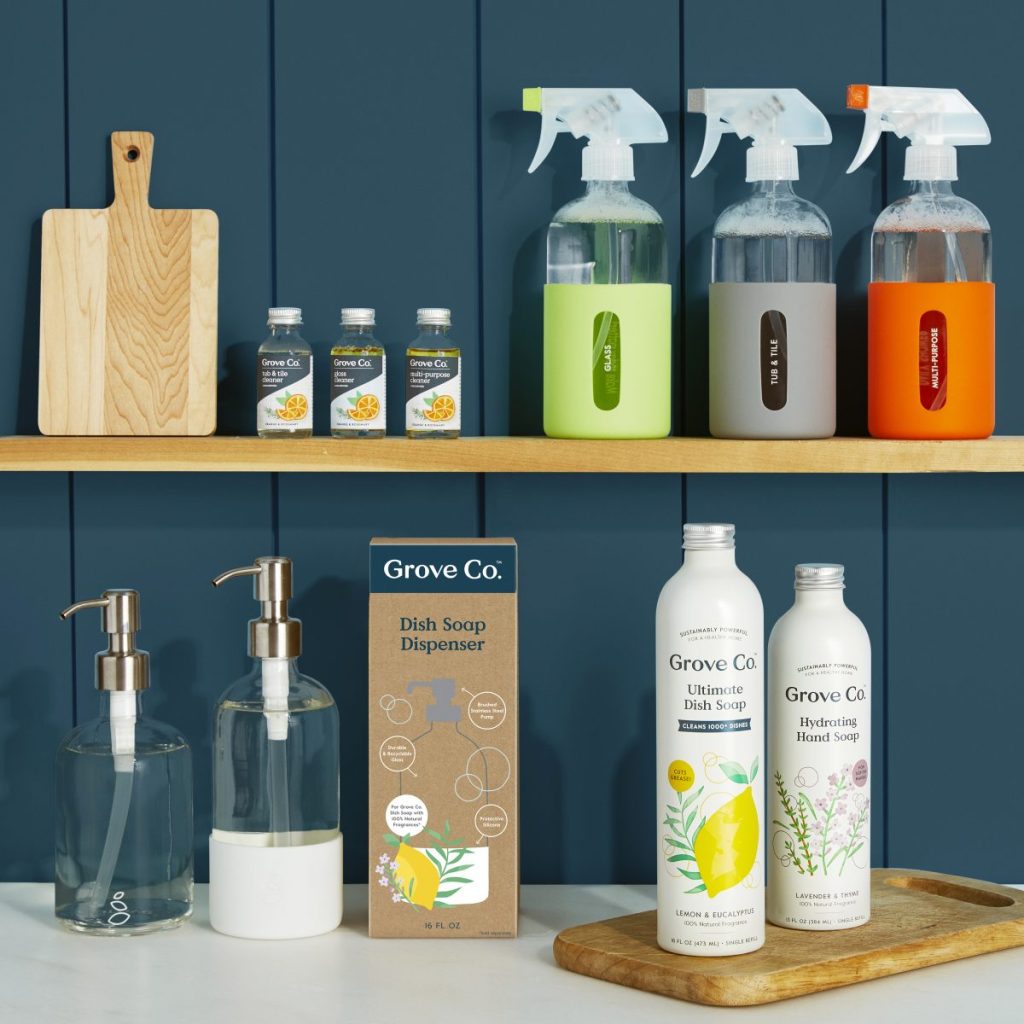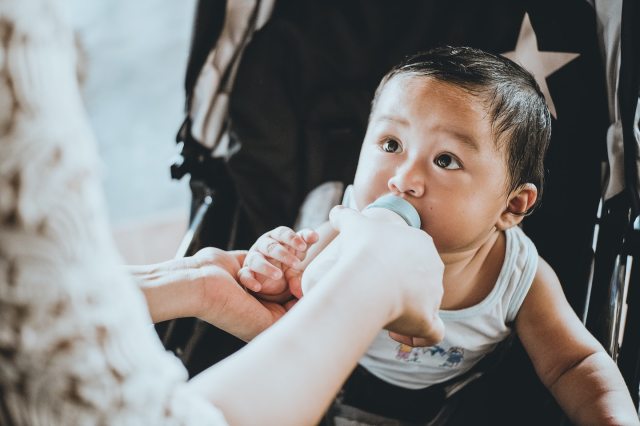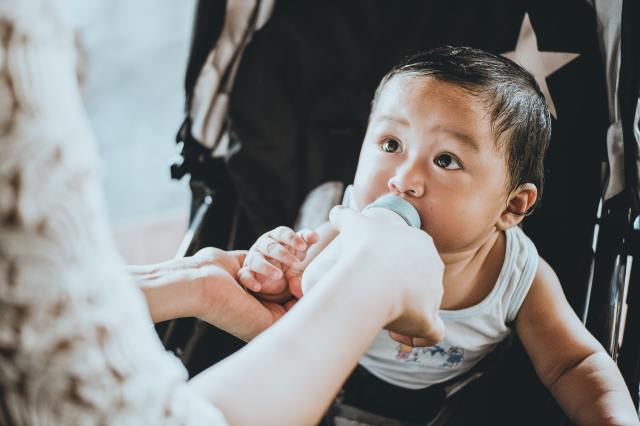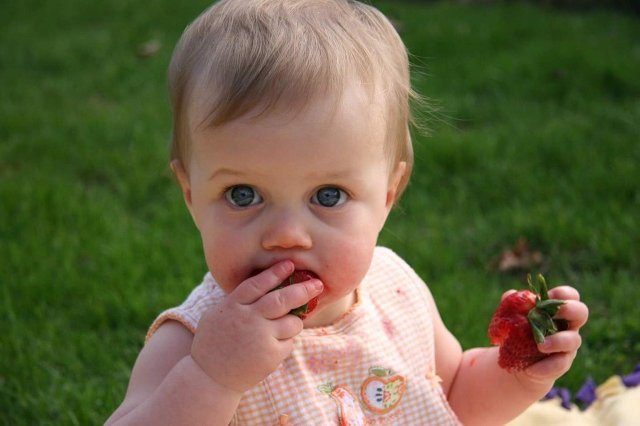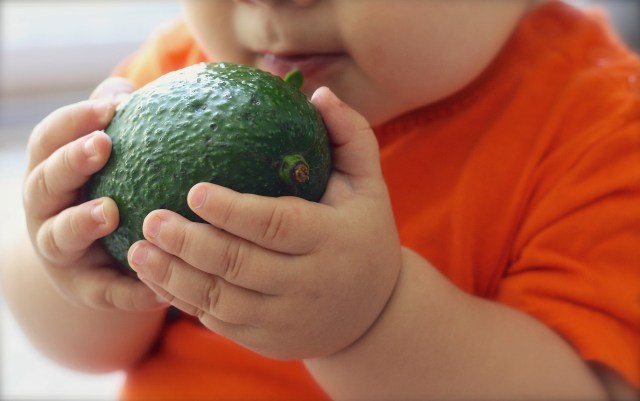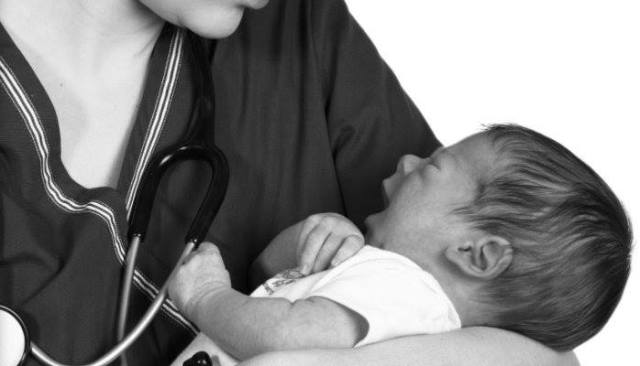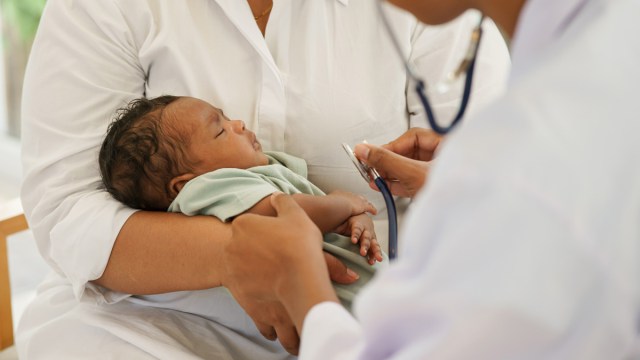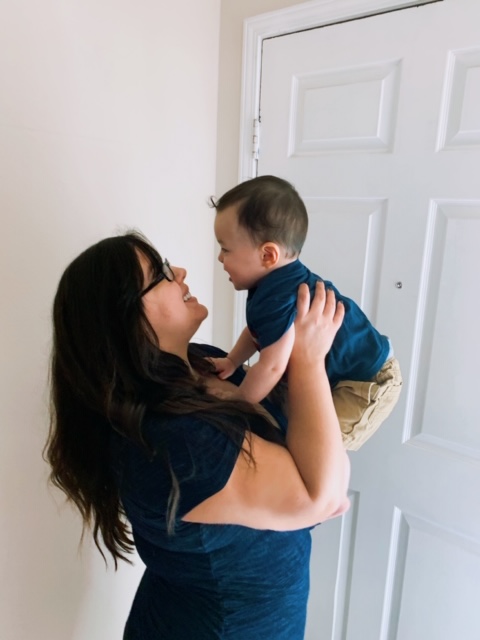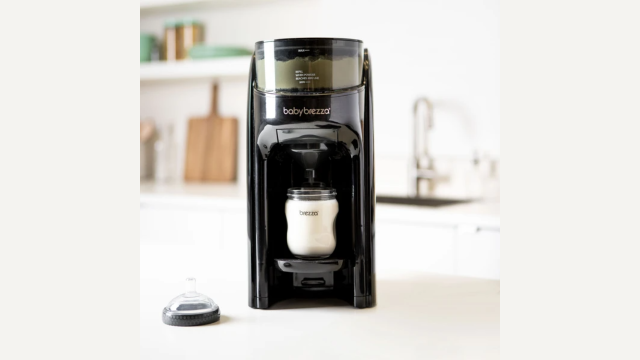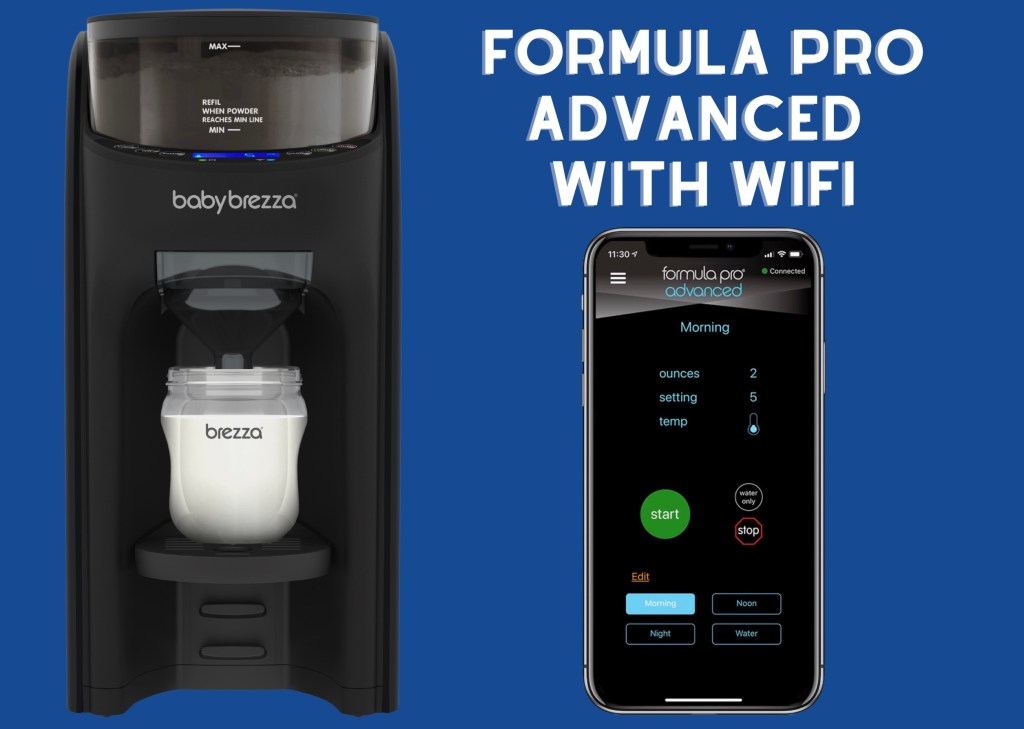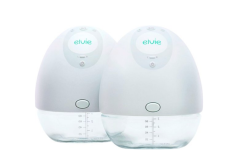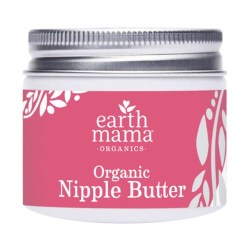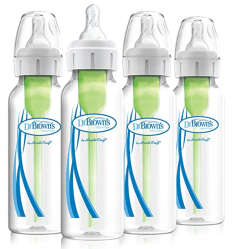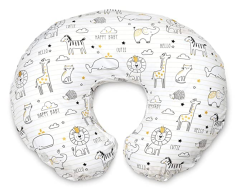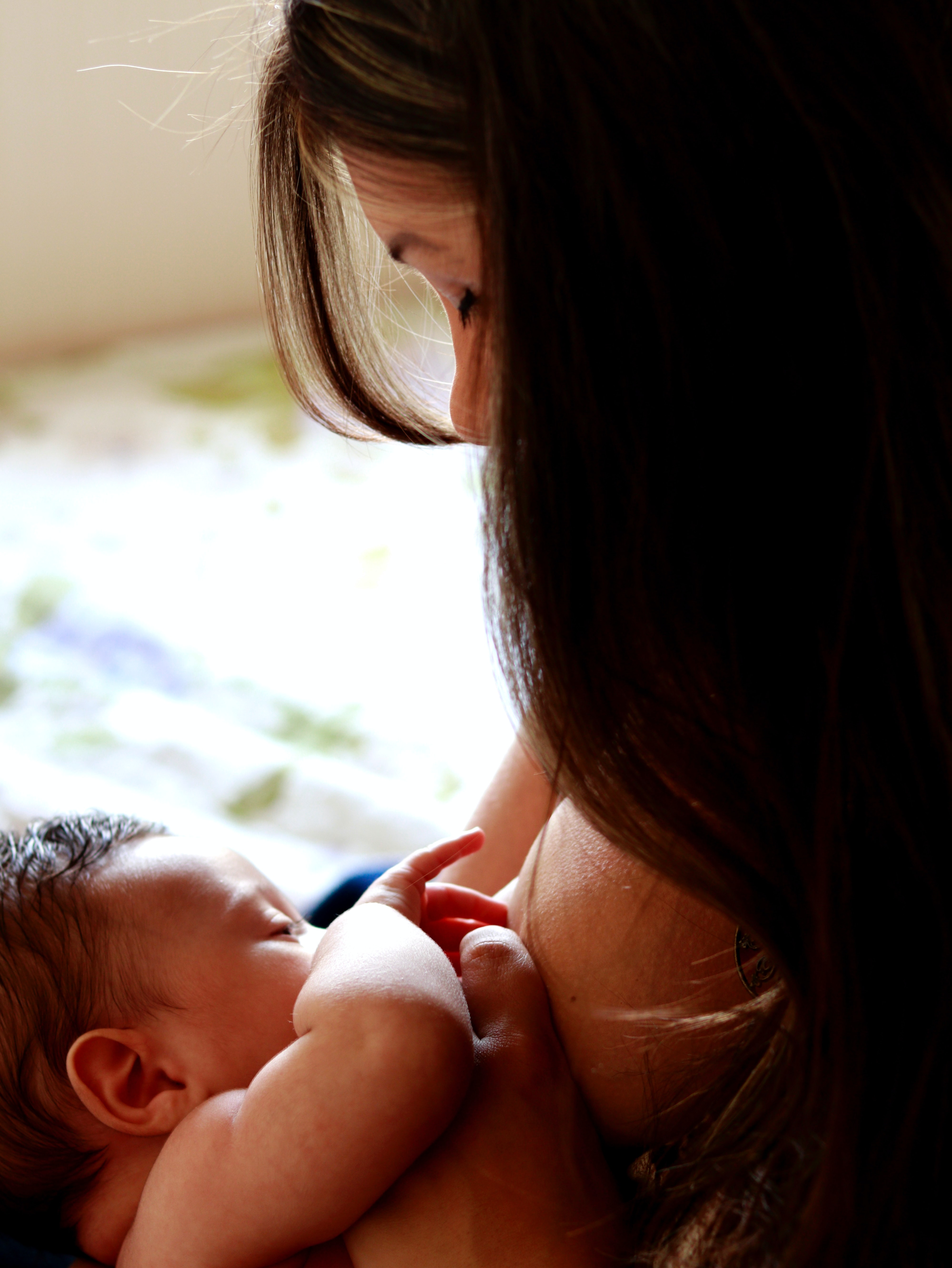
Editor’s Note: Here at Red Tricycle, we respect and celebrate every mom’s feeding journey. Bottle? Boob? It doesn’t matter—we believe fed is best. Our Spoke Contributor Network is inclusive and open to all parenting journeys—yours, too!
This really is quite a big question and one that does divide those that work with people who breastfeed. Should we do an assessment before or after the baby is born? Once they’ve got an issue or beforehand to prepare them? Personally, I think it’s best to be prepared as new motherhood can be such an overwhelming time so let’s minimize some of that worry but there are others who feel that breastfeeding support should be given as needed.
Before the Baby Is Here
If you wonder/worry about any of the following:
- PCOS: Poly Cystic Ovary Syndrome can result in lowered milk production so you can struggle to begin with. The good news is that your milk supply will increase the more babies you have but it’s still worth getting information on how to manage.
- Previous breast surgery: Whether it’s due to a medical issue or cosmetic surgery, medical interventions can result in damage to the delicate tissues contained within so again it’s good to get some resources ready so you can spot any potential issues.
- IVF: Now it all depends on why you had it and to be honest there isn’t a whole heap of research on this but it is believed that it can cause issues with breastfeeding for some—so again be prepared!
- If you’re worried you just can’t: Now a lot of babies (the vast majority in all honesty!) will latch with no issues and minimal intervention but again it’s worth having a chat with a professional who can give you lots of little tips to avoid you stressing when you don’t need to. C-section, induction, vaginal birth, medication in labor can all have an impact. Flat nipples, small nipples. inverted, big, uneven nipple size, big breasts, small breasts, one side bigger than the other—we’ve seen them all (it’s our job!) and we are trained to advise you on how to feed your baby.
- Do you need all that stuff that comes with breastfeeding? Do you really need a pump? Manual, electric, silicone, one you wear, a double or single—which one will work best for you? A pillow? Shields or shells? Isn’t a Hakka something they do in New Zealand? Confused as you just thought you needed your boobs and a baby? Then ask a breastfeeding counselor!
After the Baby Is Here
If you have any of the following:
- Pain: Honestly I cannot stress enough—pain in breastfeeding indicates a problem and needs to be addressed. You should not suffer when you feed your child. It doesn’t matter where that pain is in your breast or nipple or stomach or neck and shoulders, having discomfort indicates an issue somewhere. If your emotions are being impacted by your feeding choices/routine that is considered pain as well—ask for help.
- Questions: So you’ve had the baby and received brilliant help from the breastfeeding counselor in the hospital however you still have lots of questions and she has lots of other patients to see. A one-on-one session with a breastfeeding counselor will give you the time to fire away all those little ‘does this look right to you?’ worries.
- If you are worried about supply: Not producing much when you pump? Does the baby seem to feed a lot? Breasts suddenly don’t seem as full? Will one bottle of formula a day make a difference? All of these are questions that breastfeeding counselors are trained to answer and can reassure you as we are trained to get to know you first before making any comments.
- If you have concerns: How often should your baby poo? How will you know that they are full? How will you know that they are hungry? How will you know if they’re full? Feed on demand or to a schedule? Should their poo look like that? Why do they want to eat all the time? Your sister says that [….] shouldn’t happen—is she right? Are you going to spoil your baby by doing too much skin-to-skin? You know what I’m going to say about this don’t you?
- If you want to stop: It is believed that our ancestors may have breastfed their young until the age of 7. The natural age of weaning is thought to be between 2 and 4 years of age. Now there are a whole host of reasons why we want to stop breastfeeding and seeing a breastfeeding counselor can make sure that you are doing it in a safe way as sudden cessation could result in mastitis, engorgement, and other complications for you.
But does seeing a breastfeeding counselor actually make any difference? In a study in 2019, participants in a breastfeeding support program were “on average 66% less risk of cessation of any breastfeeding and on average 54% less risk of cessation of exclusive breastfeeding at any point in time.” A significant decrease in women still breastfeeding after ten days postpartum was noticed if they did not receive support is shown in a study from 2015.
The facts are that getting breastfeeding support doesn’t mean you’ve failed or you’re not doing it right—it just means that you want to do it well or better. You shouldn’t be judged for asking a question (believe me I’ve been on the receiving end of judgmental breastfeeding support and that was one of the main reasons my oldest was formula fed!) Seeing someone trained in breastfeeding means you will get support and understanding, from a person who can acknowledge how important, frustrating and wonderful this journey is.
